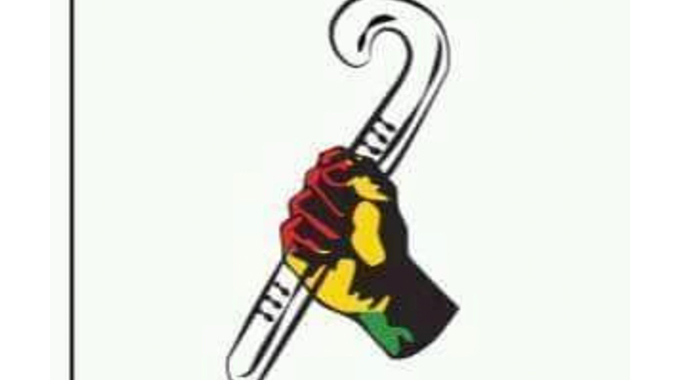‘Guerrillas’ will ceasefire if own man wins

The Herald, November 24, 1979
ONLY a popularly elected government that was supported by the “guerrillas” would be capable of negotiating a proper and effective ceasefire after the expected general election, a ZANU official said yesterday.
Dr Masipula Sithole, the party’s national director of elections, said in an interview that no politician should delude himself that he could order the men in the bush to stop fighting.
He said: “I expect that the guerrillas will co-operate when the British government arrives here, not that anybody will have ordered them to do so but because they will want to see the election results.
“If they don’t like results, we are going to see more and more trouble, and yet if they are pleased with the outcome they will initiate contacts with the new government and offer to surrender. In other words, a proper ceasefire will only be negotiated between this Government and the guerrilla commanders.”
He expected the British supervised election to have the “minimum of irregularities” because not only would Whitehall want it to be so, but the international community would also be carefully monitoring it.
LESSONS FOR TODAY
- The late Dr Masipula Sithole was an authoritative political scientist and academic with the University of Zimbabwe. His opinion carried weight among readers.
- It was normal that freedom fighters would follow their conscience in as far as election results were concerned. The freedom fighters would only support a Government popularly chosen by the people, otherwise, they would have resumed the war.
- After spending many years fighting the Rhodesians and their proxies it would have been easy to go back and fight, but would the Frontline States have supported them? That’s the million-dollar question.
- Zimbabwe’s elections have always had foreign and local observers and monitors, but even in the British supervised elections of 1980, there were murmurings of “rigging, violence, etc”. These are the problems that continue to mar Zimbabwe’s electoral landscape.










Comments